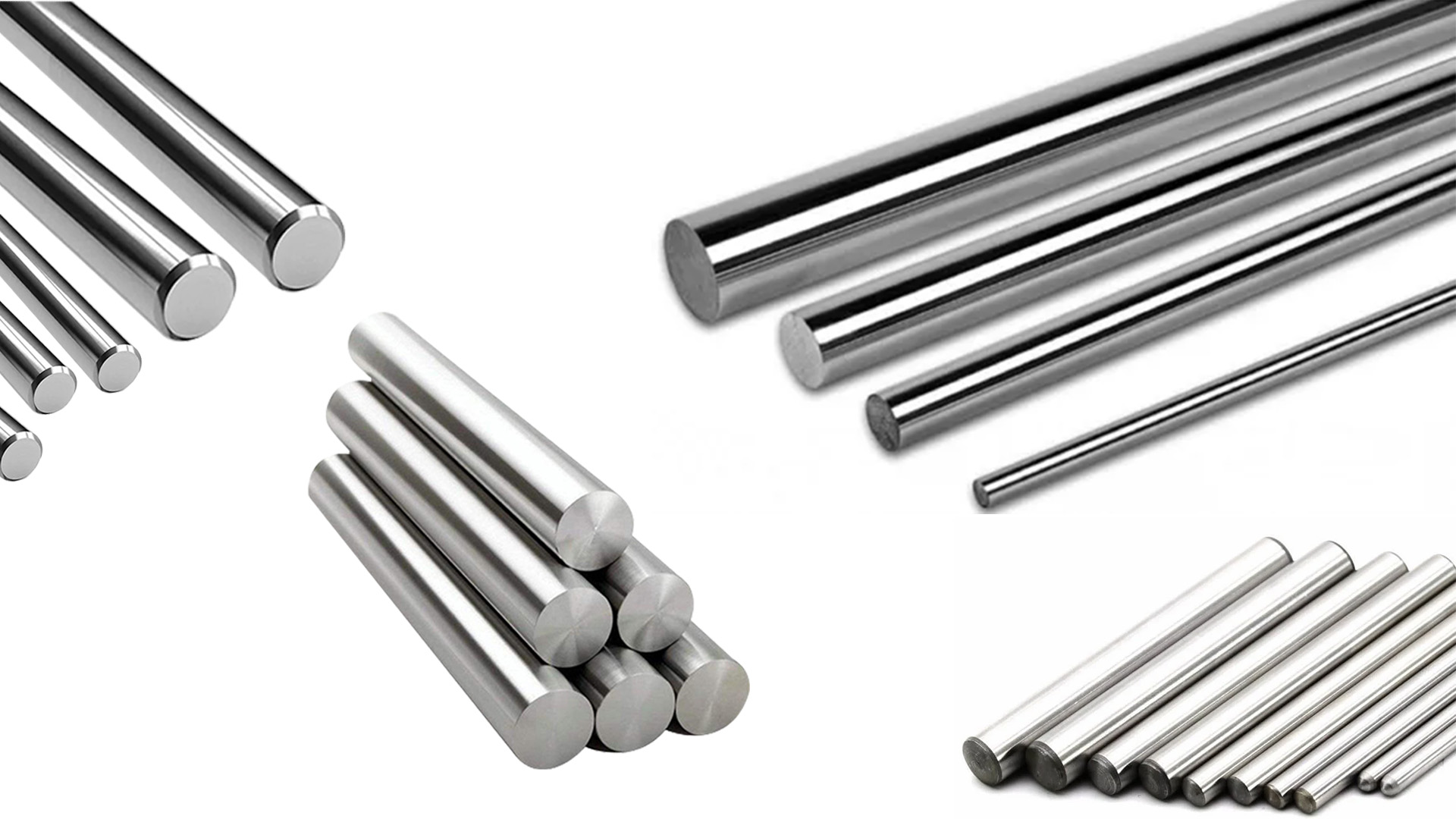Bearing Shaft Quality Stainless Steel Tolerances
Understanding the nuances of bearing shaft quality stainless steel tolerances is crucial for any industry that relies on high-performance machinery. Bearing quality steel is characterized by its uniform composition, free of non-metallic inclusions, ensuring a higher core integrity. Precise tolerances are not just a preference but a necessity, contributing to the reliability and longevity of mechanical systems. A smooth surface finish is not just for aesthetic appeal; it is instrumental in reducing friction and wear.

The Role of Bearing Quality Shaft in Machine Elements
Bearing quality shafts are integral for the precise functioning of mechanical systems, providing essential support and ensuring the durability of moving parts. Selecting the right materials is critical to withstand environmental and operational demands, including stress and wear. Proper lubrication is also key, reducing friction and preventing overheating to prolong shaft life. This careful balance is essential for optimal performance and cost-efficiency.
Exploring the Bearing Quality Shaft
Features of Stainless Steel Shaft
Stainless steel shafts stand out in bearing quality shaft applications due to their robust construction and high-grade material properties. These shafts are engineered to meet strict dimensional tolerances, providing the exactitude necessary for high-performance applications.
Benefits of a Smooth Polished Surface Finish
A smooth polished surface finish is not just about aesthetics; it plays a significant role in reducing friction and wear, thus enhancing the operational lifespan of the shaft. This finish also minimizes the risk of corrosion and facilitates a cleaner operation by preventing debris accumulation, which is crucial in maintaining the integrity of the bearing system.
Operational Smoothness and Stability
The hallmark of a high-quality bearing shaft is its ability to provide a stable and smooth operation. Precision-ground and meticulously polished stainless steel shafts ensure that there is minimal vibration and wobble, leading to more efficient machinery with lower energy consumption and less maintenance.
Matching the Operating Environment
Selecting the right stainless steel grade for a bearing quality shaft is crucial, taking into account the specific operating conditions like temperature, moisture, and load to ensure peak performance and compatibility with the intended industrial application.
How to Choose Bearing Shaft Quality
To ensure optimal performance, longevity, and reliability of the machinery, selecting a BQ shaft for your application involves the following factors:
Types of Bearing Quality Shaft Bars
Bearing shaft quality (BQ) shafts come in various materials like stainless steel, alloy, and aluminum, each with unique properties tailored for specific industrial applications.
Quality Testing with Stainless Steel Shafts
Quality testing is a non-negotiable step in the manufacturing of stainless steel shafts. This involves rigorous inspections to verify dimensional accuracy, roundness, surface finish, and material composition. Advanced testing methods, including ultrasonic testing, magnetic particle inspection, and hardness testing, ensure that each shaft meets the high standards expected for BQ shafts.
Measurement Parameters
Precision measurement is vital for BQ shafts, where tolerances are often in the thousandths of an inch. Parameters such as diameter, roundness, straightness, and surface finish are meticulously measured to ensure a perfect fit and smooth operation. The precision of these measurements guarantees that the shaft will function with minimal wear and vibration, contributing to the overall reliability of the machinery.
Material Versatility
The choice of material for BQ shafts, ranging from corrosion-resistant stainless steel to lightweight aluminum, depends on application requirements such as load capacity and environmental conditions.
Advantages of Stainless Steel Shaft
- High tensile strength
- Exceptional corrosion resistance
- High fatigue resistance
- Low friction coefficient
Applications of Stainless Steel Shaft
Stainless steel shafts are essential across industries for their durability and performance:
- In automotive, they contribute to vehicle safety and functionality.
- Aerospace relies on their strength for critical aircraft parts.
- Renewable energy values their efficiency and robustness in challenging conditions.
- Their adoption across these sectors enhances efficiency, reliability, and performance, vital for safety and competitive advantage.
Conclusion
The significance of bearing shaft quality stainless steel tolerances cannot be overstated. They are the bedrock of high-functioning machinery, minimizing maintenance costs, and boosting efficiency. Lily Bearing, with its commitment to excellence, ensures that every bearing shaft quality stainless steel component surpasses industry standards, translating into unparalleled performance for your machinery.
Keep Learning








